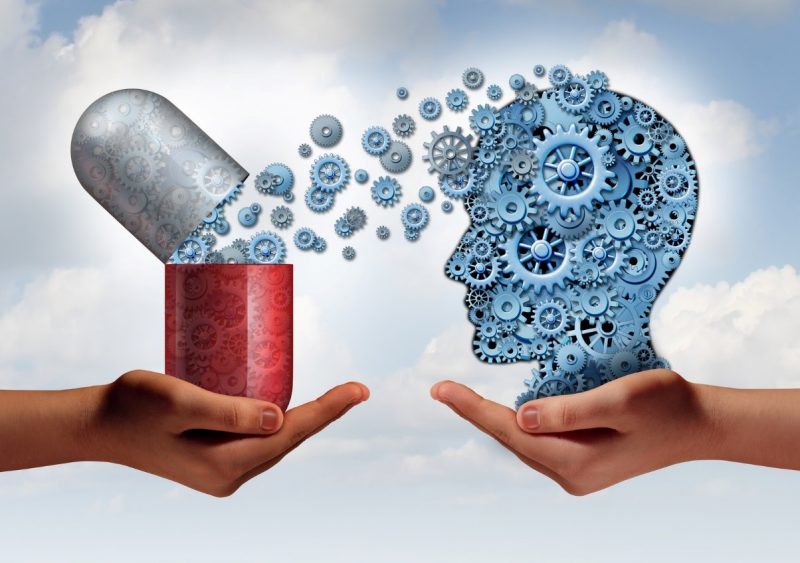At the end of class the other day a friend was telling me about her time working in an ER in which she helped many overdose patients. Almost all of them would say something along the lines of “it wasn’t supposed to do this.. It normally doesn’t do this..” After many days receiving these answers she finally asked one of the patients, “so if it wasn’t supposed to do this, what is it supposed to do?” “Help me forget.”
Humans turn to vices daily, using them to help mitigate our lives. These can be healthy or harmful depending on the vice and reasoning behind it. Addiction can stem from any activity that generates a pleasure response in your brain. This is called the reward pathway. It involves the release and transmission of dopamine from the ventral tegmental area (VTA) to the limbic system and frontal cortex where it binds to its receptors. Once bound to the receptor this reward takes place teaching us the actions and situations surrounding the stimulus. Naturally, this pathway enhances certain behaviors necessary for survival such as eating, drinking, sex and social interaction.
Drugs however don’t play by the rules. They take over the system, not only increasing the levels of dopamine but physically changing the brain. Depending on the drug, different areas are affected in different ways primarily by changing the density of receptors (decreasing D2 receptors), blocking re-uptake of dopamine, or triggering the release of excess dopamine. They all work in the same way, increase the dopamine present to therefore prolong the euphoria. This has now changed the behaviors from survival to drugs. Every need is now encompassed by and inferior to the need for drugs.
There is a great lack of self control in drug addiction. Even when the drug is no longer pleasurable and enjoyable the abusers must continue. This lack of self control stems from the reduced concentration of D2 receptors in the brain which regulate the frontal areas responsible for self control. It becomes compulsive and impulsive. This is not the same as an addiction to your phone where you still truly have control over the actions. They truly have lost all control, yet as a society we act as though they are still fully functioning and can stop at the drop of a hat. We have unrealistic expectations for those suffering from abuse. As a society we must change the narrative surrounding this, likely needing to categorize addiction as a mental illness rather than just a personal problem. It not only destroys them but those around them as they slowly lose the one they love to drugs.
